Found 31 movies, 5 TV shows, and 0 people
Can't find what you're looking for?
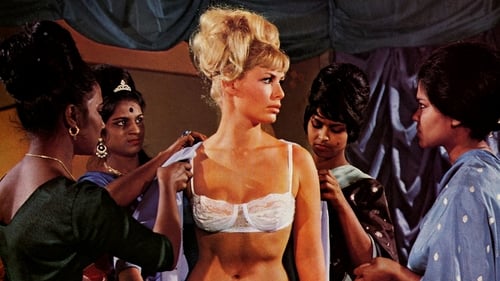
An American pilot assists the Portuguese colonial police who are battling a gang of criminals involved in drug smuggling from Lisbon to Mozambique to Zanzibar.

A combatant in the Portuguese Colonial War describes one by one, the images of the album he made in Mozambique from 1971 to 1974. From the catalog of the weapons inventory zoo, the self-portrait of ethnographic research, the film is a unique witness the absurd banality of war.

On a very cheerful pop music, this film praises the beauties of the landscapes, wildlife, modern architecture and the sweet life of the settlers. Many tourists came from nearby White Rhodesia to indulge in the pleasures of the sea, hotels, safaris. The few Mozambicans are employed to serve them. This film was shot while a few hundred kilometers to the north, tens of thousands of Portuguese soldiers faced the separatist fighters of Frelimo.
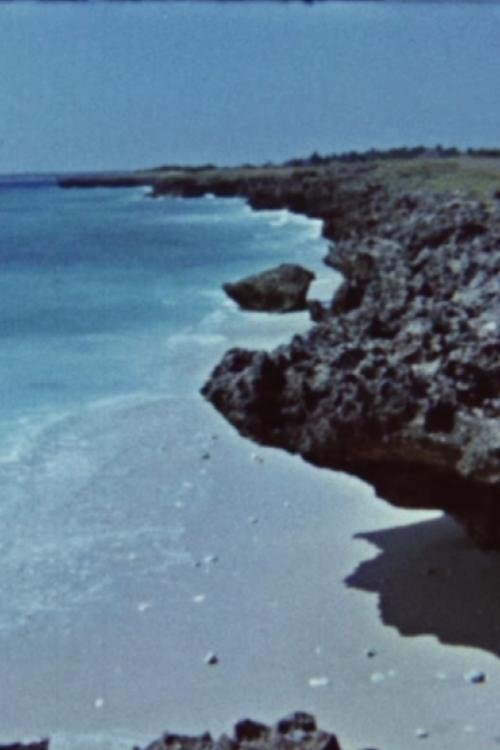
Ethnographic film

A novelist finds herself in an auction where two statuettes are up for sale: "The Mozambique Dancers". According to the legend, the one who owns both statues becomes infinitely rich but the one who owns only one of the two pieces is cursed forever...
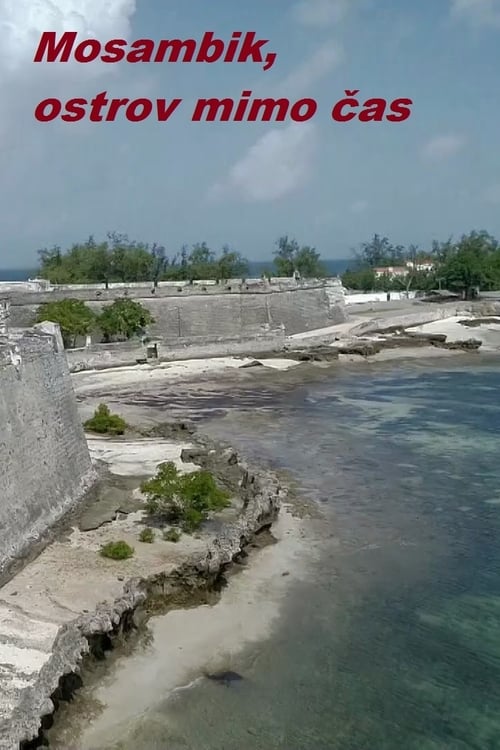
No description available for this movie.
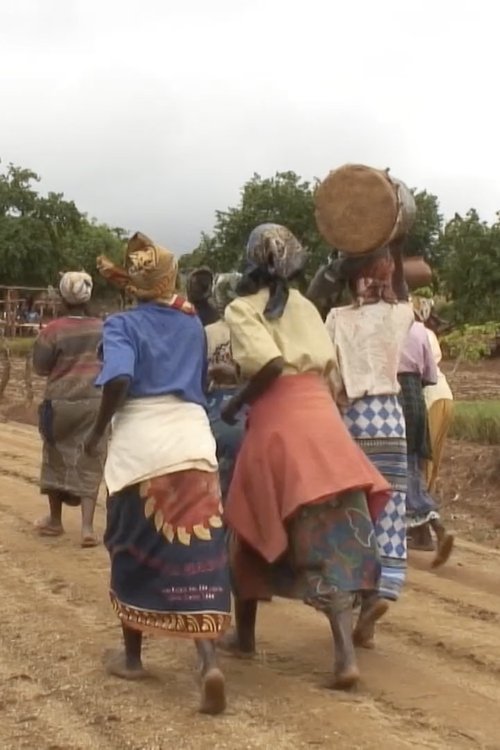
"Ritual reversals" or "rituals of rebellion" are concepts used for mock rituals performed in Southern and Eastern Africa. During fertility rituals, like rain ceremonies, women in their songs and dances demonstrate obscene behaviour while they behave like men. These are secret performances open strictly for elderly men and women. Still, we were invited to record the rain making ceremony in the land of Chief Chassuka, Manika Province in Mozambique, in order to document the ritual for the younger generations. These rituals are a fading tradition probably due to the special character of the songs and dances.

No description available for this movie.

A short film

Documents the effects of 25 years of armed conflict and the resulting famine on the people of Mozambique which is under seige from RENAMO, a terrorist group supported by South Africa. This film explores the political and racial background of the fighting and accuses South Africa of waging a campaign of destabilization and terror.
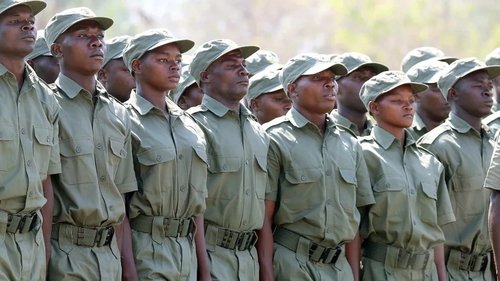
The film tells this hopeful story through Dominique Gonçalves, a young African elephant ecologist who strives to empower and inspire Africans, especially women, to become responsible stewards of the environment.
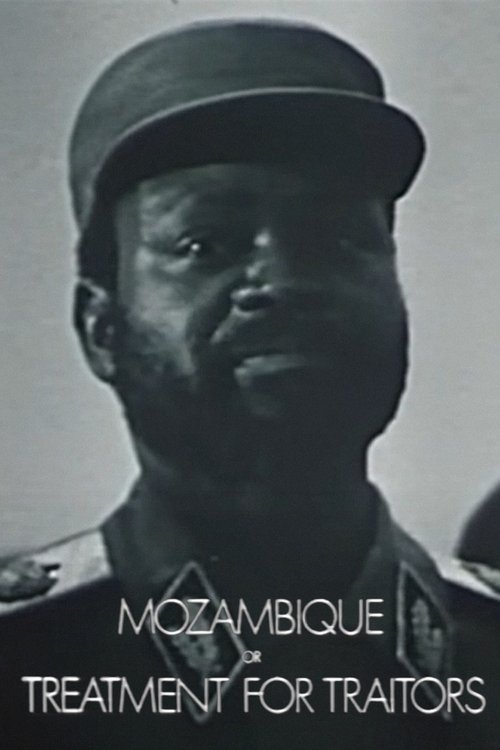
Revealing documentary compilation from historic footage shot by the National Institute of Cinema in Mozambique which looks at the rehabilitation of former colonial government collaborators by the government of Samora Machel (former president of Mozambique). During his reign Mozambique, which gained independence in 1975, was drawn into the struggle against white rule in Rhodesia and South Africa. In 1986 Machel died in an aircrash which is still shrouded in mystery.
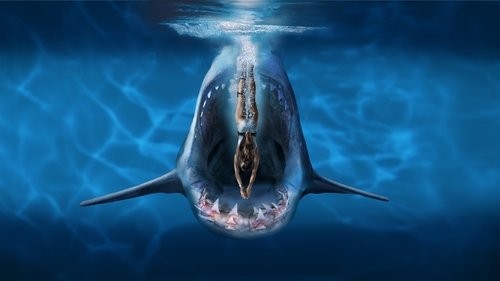
Dr. Emma Collins and her team are spending their third summer on the island of Little Happy studying the effect of climate change on the great white sharks who come to the nearby nursery every year to give birth. Along with the last two inhabitants of this former fishing village, their peaceful life is disrupted when a "scientific" team led by her ex-boyfriend and marine biologist Richard show up looking for three bull sharks who we soon learn aren't just any bull sharks.

Based on the book by Henning Mankell (Sweden), this story takes place in Mozambique and is about a young boy, Nelio, who loses his entire family during a time of civil war. A wounded Nelio is found by a baker in the capital Mapouto; refusing medical treatment, the boy instead asks for sanctuary so he can tell his terrible tale. This he proceeds to do, starting with how the fighters arrived in his village and slaughtered many, to his captivity, his escape and his teaming with other orphaned street urchins to become their leader in survival.

We follow a team of scientists on a gruelling expedition into a remote rainforest in Mozambique. They're hoping to prove that Mount Mabu's animals and insects are unique and in need of official protection.

In 1989, Mozambique is a country ruined by civil war. The train that connects Nampula to Malawi is the only hope for people willing to risk their lives to exchange a few bags of salt for sugar. Running slowly over sabotaged tracks, the journey is filled with obstacles and violence. Mariamu, a frequent traveler, shares her trip with her friend Rosa, a nurse who is going to her new hospital, living the reality of war for the first time, Lieutenant Taiar, who only knows the reality of his military life, and another soldier, Salomão, with whom he doesn’t get along. Amongst bullets and laughter, stories of love and war unfold as the train advances towards the next stop.

As children, a Mozambique native and a Portuguese colonialist were friends. Years have passed and Mozambique is fighting for its independence. Two childhood friends meet on opposing sides.

Sofia, a young girl in Mozambique who is studying to be a doctor, finds that her professor wants more from her than hard work. An unwillingness to compromise her values and potentially her health, may cost her a place there.

Documentary on Mozambican music, and the role it played in the country's rediscovering its national identity after centuries of colonial rule.

Karen is a Muslim independent young woman who advocates for Sharia in the Island of Mozambique but is filled with doubts and contradictions about her identity and the multicultural community in which she lives in a place of historical confluence of cultures.
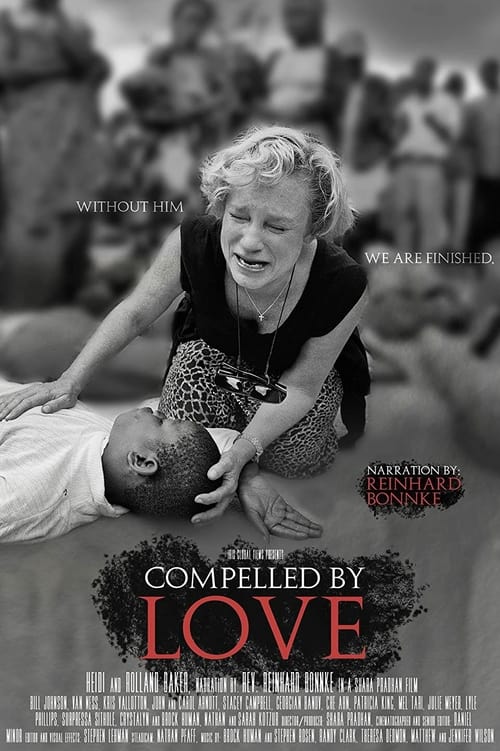
This feature-length biography traces the journey of Heidi Baker, a modern day Mother Theresa, as The Baker’s pursuit of the presence of God has transformed a poverty-stricken and war torn Mozambique through love in action. Shot on the run over a period of 20 years, in 10 countries and on 4 continents in war zones, brothels, and Ivy League campuses, from Hollywood to Mozambique, this film chronicles the power of one life fully yielded to God and the truth that love wins.
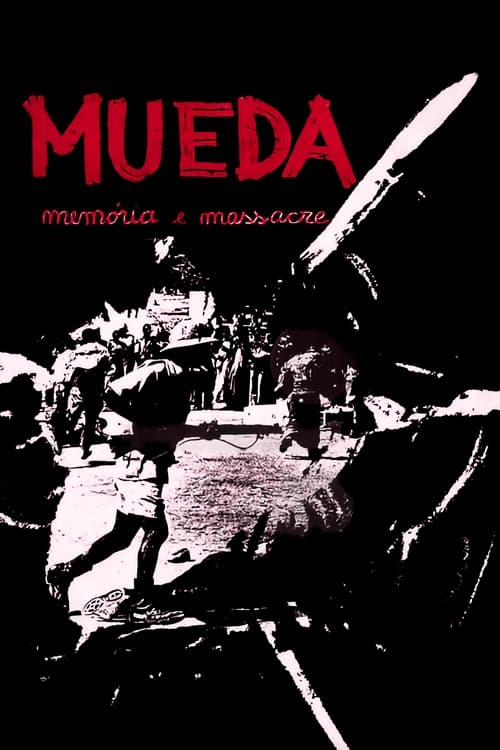
Mueda was a massacre. The name is that of the village in Northern Mozambique where in 1960 it took place. The Portuguese colonial regime did the killing. In independent Mozambique, those inhabitants of Mueda who survived regularly re-enact the massacre in situ. They themselves play the roles of victims, assassins, and spectators. Ruy Guerra, now a Brazilian but born in Lourenço Marques (now Maputo, the capital of Mozambique), filmed this extraordinary creation of liberated popular culture, intercutting it with first-hand interviews on the massacre. The mix is compelling, and the grave yet joyous spectacle unique.
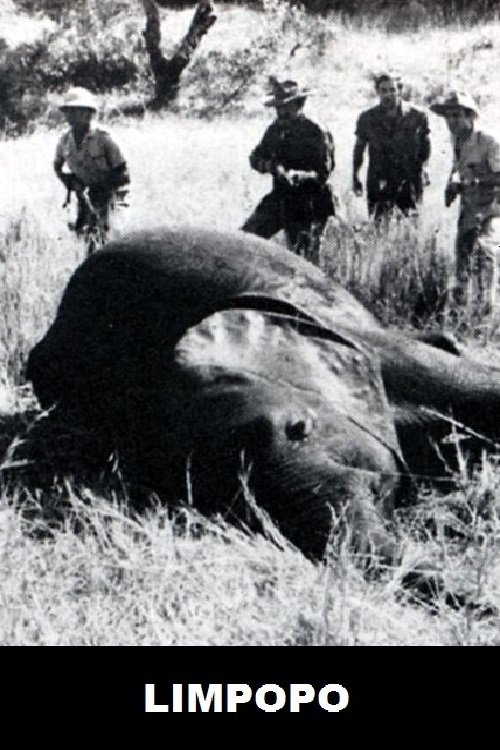
Limpopo, dating from 1970, directed and produced by Jorge de Sousa, is a story about safaris where the protagonist was a rich industrialist from Porto. It was filmed in Lourenço Marques, in the Limpopo colony and the Maputo elephant reserve.
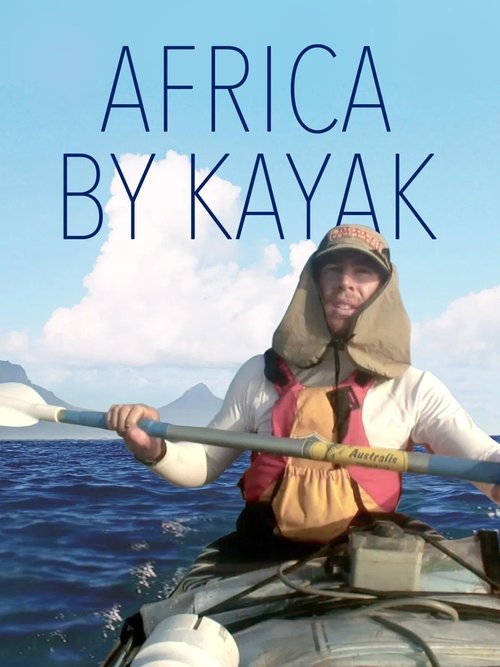
In 2007, Beau attempted to paddle 4000kms from one side of Africa to the other. Starting in Mozambique, he continued along the Southern African coast, allowing five months to complete the voyage. Battling surf, deep sea swell, and too many days waiting for the wind, Beau only completed 2000kms of the original plan.

A small island, a great history. Long before giving its name to the country, the Mozambique island had a fundamental role in the Indian Ocean during centuries. Anchor point for caravels, meeting point for pirates, it is a melting pot of races. It raises its walls in the middle of the sea. Its winding streets full of life reveal small palaces, churches and white houses. Its inhabitants are eccentric characters, proud of the island's past history. As we wander through the streets we meet an historian, a maritime archaeologist, a fisherman, the "doorman" of the island, a dancer, many spirits...

Two boys with different experiences and goals meet up in a sprawling African market. One is looking for a job, to get back what was stolen from him and return home. The other will do anything to avoid having to go back with his family. They become friends and together they reinvent the world.
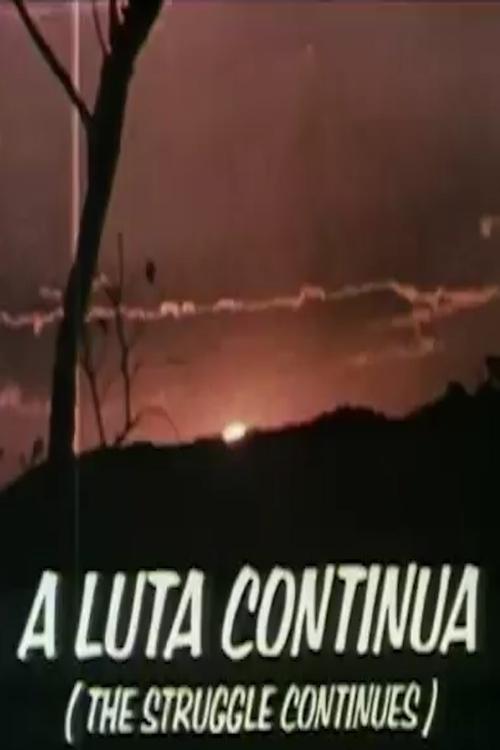
A Luta Continua explains the military struggle of the Liberation Front of Mozambique (FRELIMO) against the Portuguese. Produced and narrated by American activists Robert Van Lierop, it details the relationship of the liberation to the wider regional and continental demands for self-determination against minority rule. It notes the complicit roles of foreign governments and companies in supporting Portugal against the African nationalists. Footage from the front lines of the struggle helps contextualize FRELIMO's African socialist ideology, specifically the role of the military in building the new nation, a commitment to education, demands for sexual equality, the introduction of medical aid into the countryside, and the role of culture in creating a single national identity.

No description available for this movie.
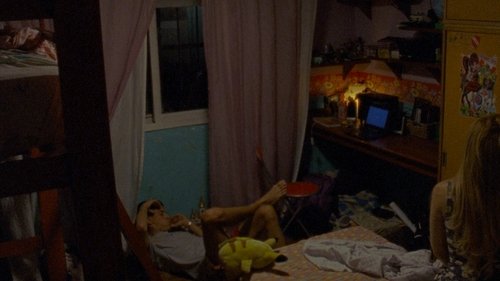
Buenos Aires. Exe, 25 years old, has just lost his job and is not looking for another one. His neighbors and friends seem as odd to him as they always do. Online, he meets Alf, a boy from Mozambique who is also bored with his job and who is about to follow Archie, another boy who has run away into the jungle. Through the dense vegetation of the forest, Archie tracks ants back to their nest. One of them wanders off course and comes across Canh, a Filipino, sitting on top of a giant heap of earth and who is about to go back to his strange, beautiful home town, where he too has a miserable job.
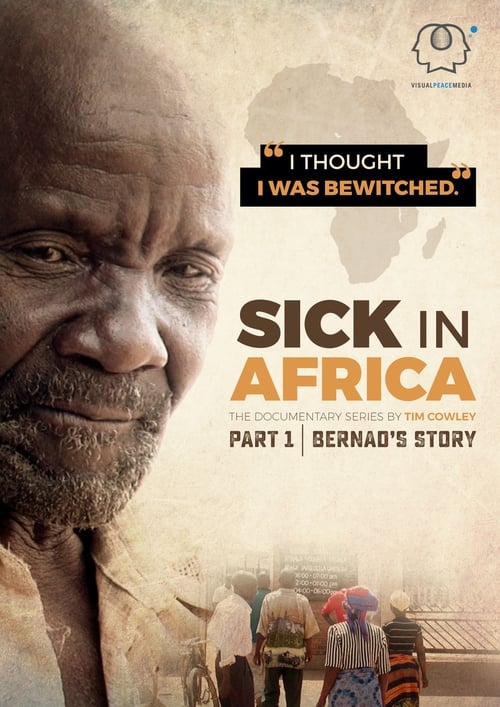
Sick in Africa follows the true stories of several Mozambicans from the Yawo tribe who are ill, but searching for healing and answers.
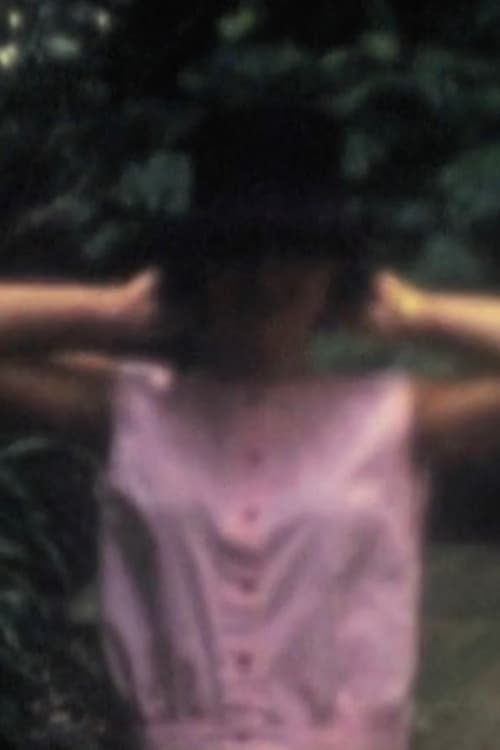
A sequence of archive images filmed by Schefer's grandfather, a former colonial administrator, is the starting point for an experimental documentary on the history and memory of Portuguese decolonisation. Double or split memory: the lived and descriptive memory of the colonizers (their texts, their images) against the fabricated memory of their descendants.